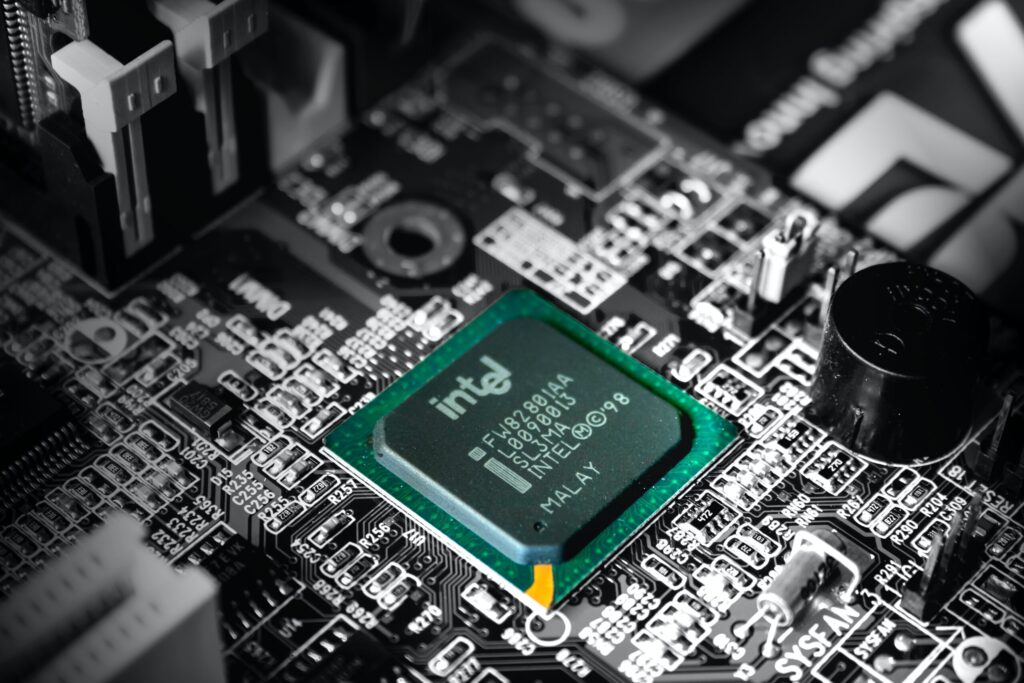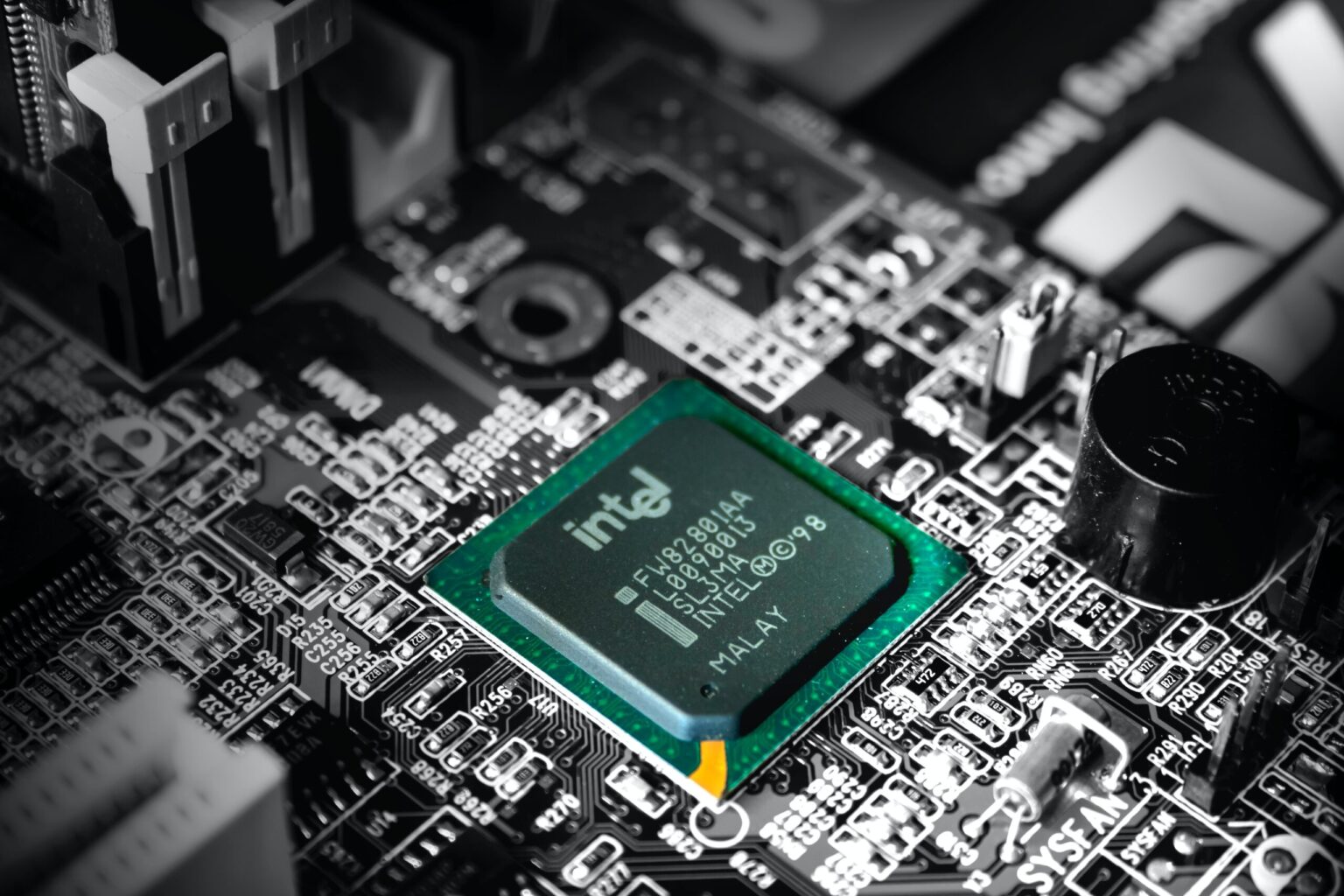The European Commission has re-imposed a substantial fine of approximately €376 million on Intel, a leading player in the computer chip market, for violating antitrust rules.

This decision comes after years of legal proceedings and revisits an earlier ruling from 2009. The EU alleges that Intel engaged in anticompetitive practices that unfairly excluded competitors from the market. In this article, we delve into the details of the case, the EU’s findings, and the implications for both Intel and the broader technology industry.
Background of the Case
In 2009, the European Commission imposed a hefty fine of €1.06 billion on Intel, accusing the company of abusing its dominant position in the market for x86 central processing units (CPUs). The Commission’s decision was grounded in two specific anticompetitive practices employed by Intel:
- Conditional Rebates: Intel allegedly offered hidden or partial rebates to computer manufacturers, contingent upon these manufacturers purchasing the majority of their x86 CPUs from Intel.
- Naked Restrictions: Intel was accused of making payments to computer manufacturers to delay or halt the release of products containing CPUs from rival companies, effectively limiting the sales channels for competing products.
Recent Developments
In 2022, the European General Court partially annulled the 2009 Commission decision, particularly regarding Intel’s conditional rebates. However, the court upheld the assertion that Intel’s naked restrictions amounted to an abuse of dominant market position, in violation of EU competition rules. Importantly, the General Court also annulled the entire €1.06 billion fine imposed on Intel, citing difficulties in determining the specific amount of the fine attributable solely to the naked restrictions.
The Re-imposed Fine
In light of the General Court’s ruling, the European Commission has decided to impose a new fine on Intel, focusing solely on the naked restrictions that occurred between November 2002 and December 2006. Naked restrictions are considered a severe infringement of Article 102 of the Treaty on the Functioning of the European Union (TFEU). As a result, the Commission has levied a fine of approximately €376.36 million on Intel. This reduced fine reflects the narrower scope of the infringement compared to the 2009 Commission decision.
Implications for Intel and the Industry
The re-imposed fine carries both financial and reputational consequences for Intel. While the company avoided the original €1.06 billion penalty, it is still required to pay a substantial amount as a result of the naked restrictions it imposed on competitors during the specified period. This decision underscores the EU’s commitment to ensuring that antitrust violations are appropriately penalized.
Moreover, the case highlights the ongoing scrutiny faced by tech giants in Europe and around the world. Antitrust authorities are increasingly vigilant when it comes to maintaining fair competition within the industry. The re-imposition of this fine serves as a reminder to companies of the importance of complying with antitrust regulations to avoid hefty penalties and legal battles.
